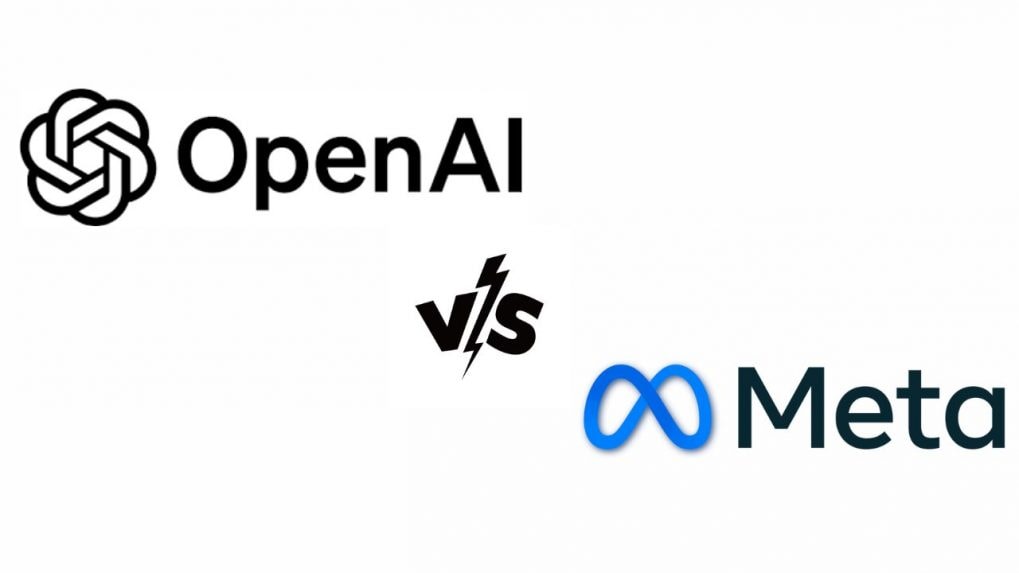Advertising
From Pink Slips to Silent Sidelining: Inside adland’s layoff and anxiety crisis

The escalating rivalry over artificial intelligence talent between OpenAI and Meta has ignited a compensation arms race, with both giants offering eye-watering pay packages to secure elite researchers.
Recent moves by Meta have grabbed attention, particularly the hiring of four senior AI specialists from OpenAI, including deep-learning experts like Shengjia Zhao and Jiahui Yu, to join its superintelligence lab. These hires follow earlier departures from OpenAI’s Zurich office, further fueling concerns over a growing exodus.
OpenAI's leadership is responding forcefully. Chief Research Officer Mark Chen, in a memo obtained by Wired, likened Meta’s recruitment efforts to a home intrusion. “I feel a visceral feeling right now, as if someone has broken into our home and stolen something… we’re recalibrating comp”.
Chen emphasized internal fairness while assuring employees that OpenAI, led by Sam Altman, is actively countering the offers "around the clock."
Meta is reportedly offering signing bonuses reaching $100 million to top OpenAI talent and crafting personal recruitment campaigns led by CEO Mark Zuckerberg.
While Meta’s CTO Andrew Bosworth has downplayed the size of these bonuses, Meta has confirmed the hires, though publicly denying anything close to nine-figure offers.
In response, OpenAI CEO Sam Altman has doubled down on culture and mission-driven retention, stating that despite “giant offers… none of our best people have decided to take them up”.
Earlier this month, speaking on a podcast hosted by his brother Jack Altman, the OpenAI chief (Sam Altman) addressed recent reports of Meta's aggressive poaching strategy. "They've started making these giant offers to a lot of people on our team," Altman confirmed. "I'm really happy that, at least so far, none of our best people have decided to take him up on that."
Altman claimed Meta's compensation-first pitch, including signing bonuses reaching nine figures, lacked the deeper pull that mission-driven employees at OpenAI are seeking.
While Meta has failed to recruit key names like OpenAI's Noam Brown and DeepMind's Koray Kavukcuoglu, it has landed others including Jack Rae (formerly of DeepMind) and Johan Schalkwyk from Sesame AI.
The company has also partnered closely with Scale AI - where former CEO Alexandr Wang is now leading Meta's new "superintelligence" team. Researchers on his team reportedly work in direct proximity to Zuckerberg himself, underscoring how high the stakes are in Meta's AGI (artificial general intelligence) ambitions.
Zuckerberg's play to fast-track Meta into the heart of the AGI conversation follows years of the company trailing behind OpenAI and Google in major AI breakthroughs.
Meta's past AI models - including Llama - have been open-sourced and praised in parts of the AI research community, but have yet to spark the same level of global attention as ChatGPT or Gemini.
"Meta's current AI efforts have not worked as well as they hoped," Altman said. "It's not enough to catch up - you have to actually innovate."
From purpose-driven work and narrative-rich brand films to AI-enabled ideas and creator-led collaborations, the awards reflect the full spectrum of modern creativity.
Read MoreLooking ahead to the close of 2025 and into 2026, Sorrell sees technology platforms as the clear winners. He described them as “nation states in their own right”, with market capitalisations that exceed the GDPs of many countries.